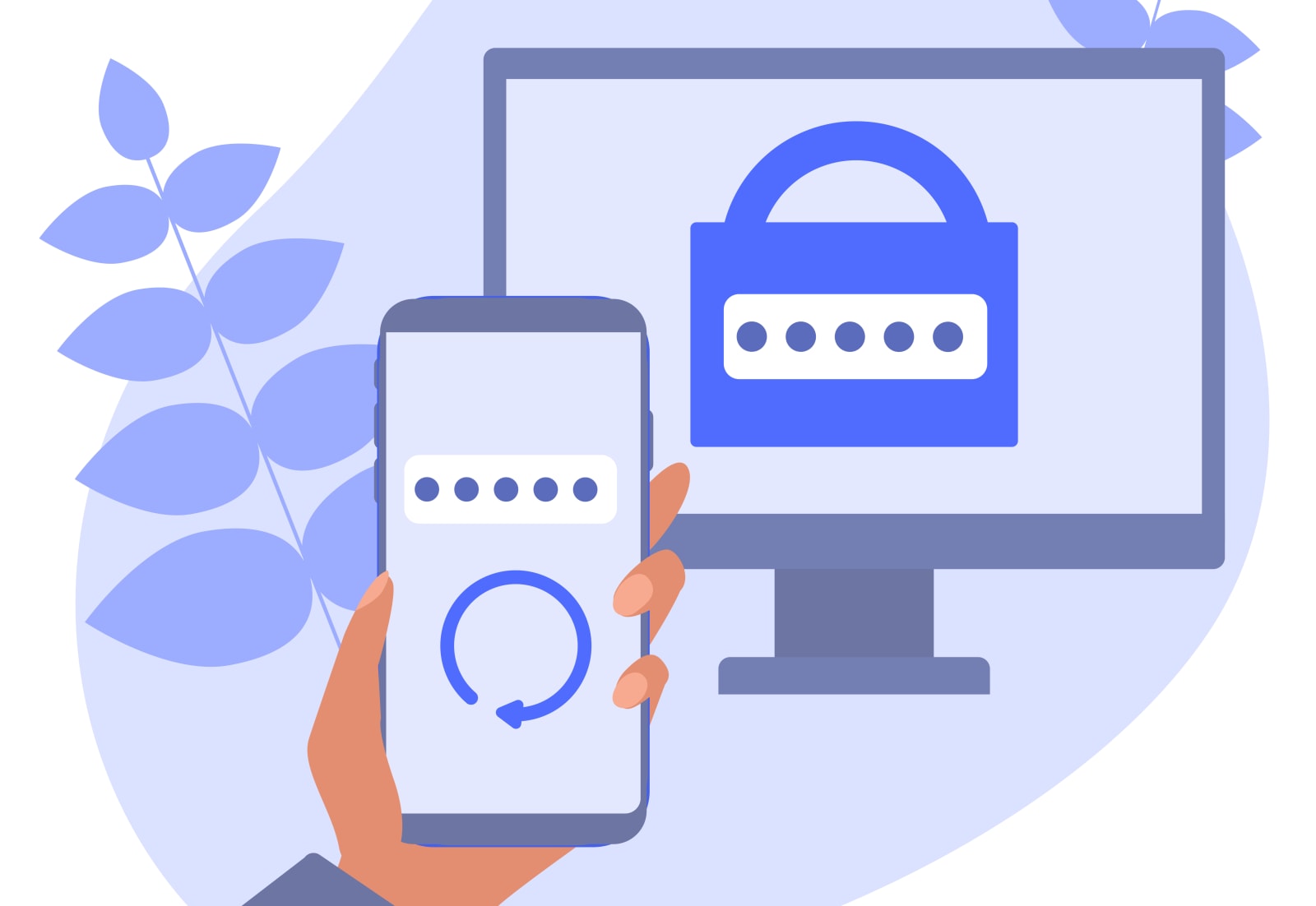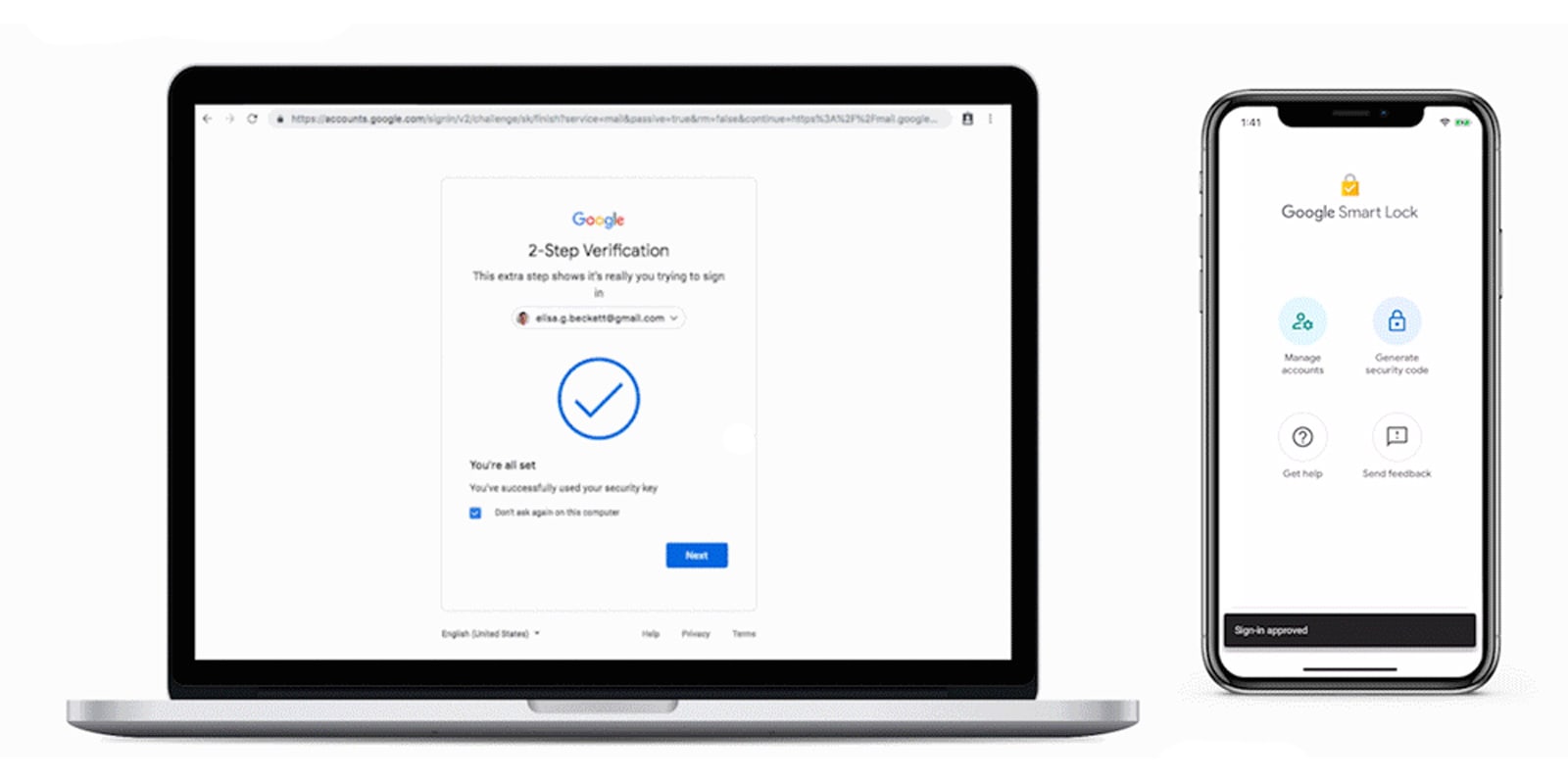Tag Archives: 2fa
Iranian hackers’ Android malware spies on dissidents by stealing 2FA codes
Zoom rolls out two-factor authentication for all accounts
Google Authenticator for Android can finally move accounts between devices
Yubico is making it easier for businesses to buy its YubiKeys
 A growing number of companies are looking at hardware authentication security keys as a trusted and convenient way to protect sensitive corporate data. Indeed, Google has recently launched an open source project to help advance the uptake of this tec...
A growing number of companies are looking at hardware authentication security keys as a trusted and convenient way to protect sensitive corporate data. Indeed, Google has recently launched an open source project to help advance the uptake of this tec...
Apple engineers propose a way to make using two-factor texts easier
 If you've ever used online banking or any other highly-secure website, chances are you've encountered a one-time passcode (OTP) before. These are SMS messages sent to your phone with a unique code that verifies your identity with the website you're o...
If you've ever used online banking or any other highly-secure website, chances are you've encountered a one-time passcode (OTP) before. These are SMS messages sent to your phone with a unique code that verifies your identity with the website you're o...
Google makes it easier to sign up for advanced hacking protection
 It's now clearer why Google made it possible to use an iPhone as a security key -- the company is simplifying sign-ups for its Advanced Protection Program. As of today, anyone with a reasonably modern Android phone (running 7.0 Nougat or later) or i...
It's now clearer why Google made it possible to use an iPhone as a security key -- the company is simplifying sign-ups for its Advanced Protection Program. As of today, anyone with a reasonably modern Android phone (running 7.0 Nougat or later) or i...
Your iPhone now serves as a Google security key
 You no longer need Android to use your phone as a Google security key. Google has updated Smart Lock for iOS to let you use your device's "built-in security key" -- that is, the Secure Enclave built into every iOS device with Touch ID or Face ID. Fr...
You no longer need Android to use your phone as a Google security key. Google has updated Smart Lock for iOS to let you use your device's "built-in security key" -- that is, the Secure Enclave built into every iOS device with Touch ID or Face ID. Fr...
Google blocks G Suite access for apps that only rely on usernames and passwords
 A couple of years ago, Google starting warning users that certain third-party apps that access its business-oriented G Suite might not be secure. Now, it's taking that to the next level by blocking any "less secure apps (LSAs)" that try to access G...
A couple of years ago, Google starting warning users that certain third-party apps that access its business-oriented G Suite might not be secure. Now, it's taking that to the next level by blocking any "less secure apps (LSAs)" that try to access G...
Now Twitter users can enable two-factor without linking a phone number
 Twitter has finally made a change users have been waiting a long time to see. No, it's not editable tweets, but as of today everyone can enable two-factor authentication on their account without linking a phone number.
While SMS-based two-factor can...
Twitter has finally made a change users have been waiting a long time to see. No, it's not editable tweets, but as of today everyone can enable two-factor authentication on their account without linking a phone number.
While SMS-based two-factor can...